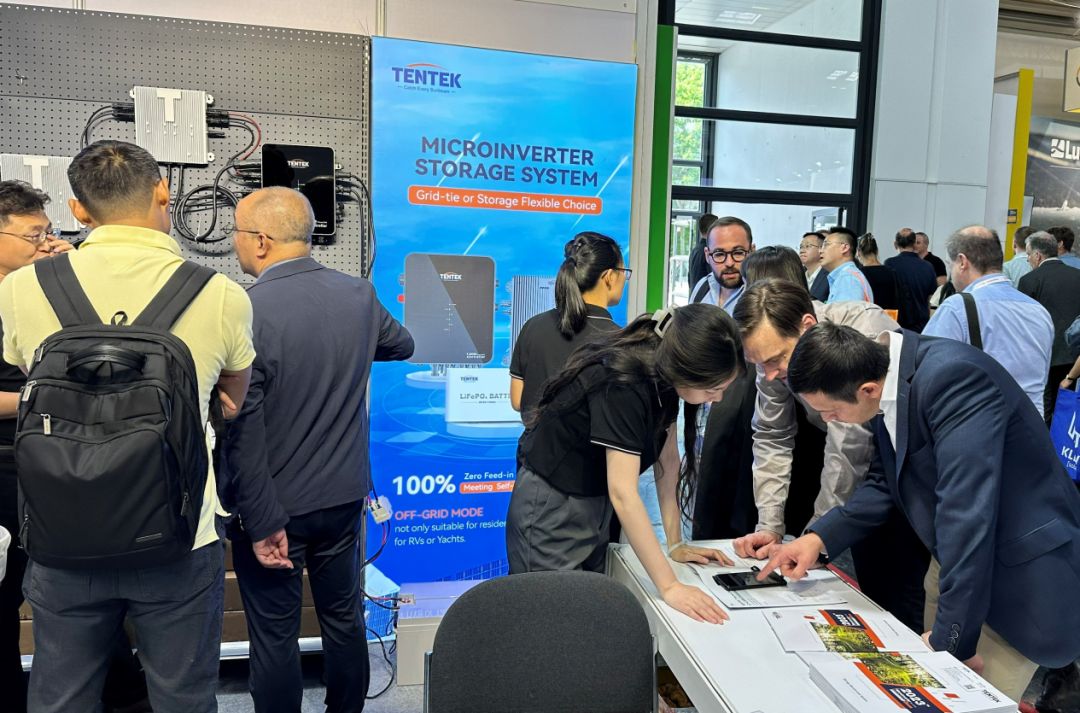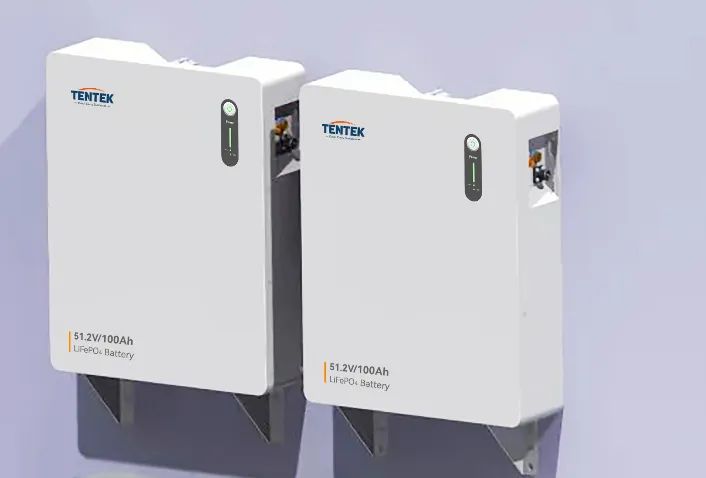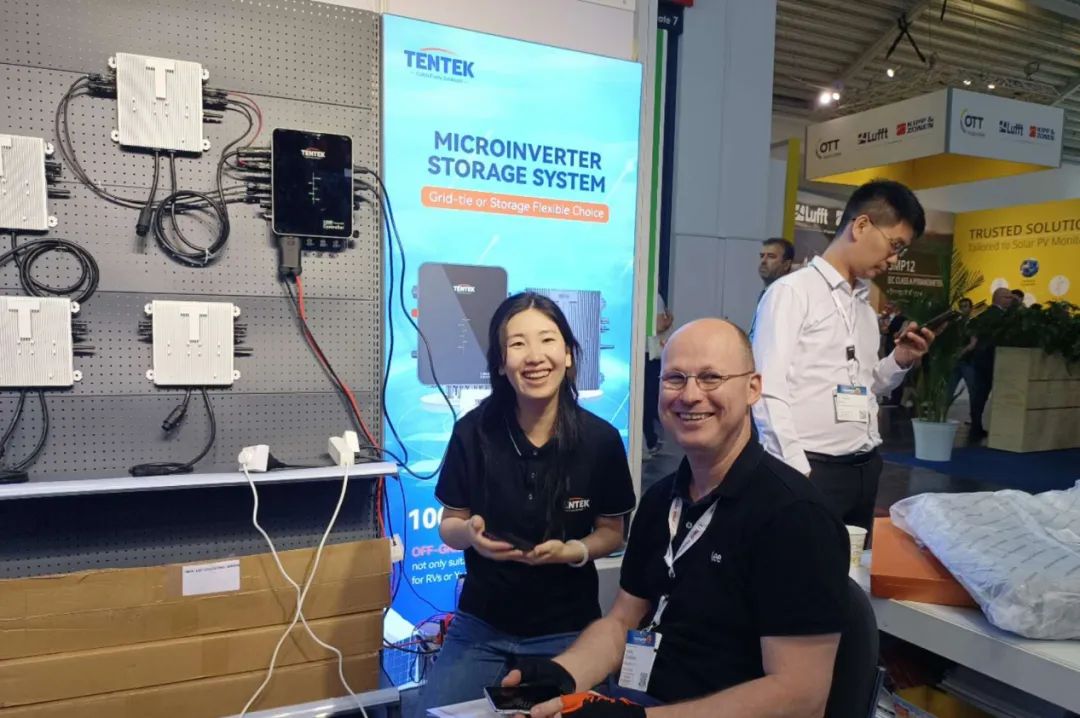欧美微逆产品不仅早已比拼起“产品力”,今年更是在大步迈向消费电子阵营。
谈及海外市场,微逆企业天技新能源的销售经理李先生多次强调要顺政策而为,因为这是在市场逐渐回归平稳增长之际的出货突破口。
李先生着重表示,微逆正在快速附上C端消费电子属性,在不远的将来,欧美客户将跳过安装商在电商平台直接购买。

因欧洲市场需求量又大,相较于美国的准入门槛低很多,近两年更是有大量企业蜂拥而至,但轻松躺赚的时代一去不复返。在洗牌压力更大的价格战下,用户对于微逆产品的经济性、稳定性、高适配性都提出更高要求,产品逐渐向小体积和高能效发展。
天技新能源的战略是以微逆作为切入新能源这个年轻产业的跳板。公司在Intersolar Europe 2024满载而归,已签约德国知名经销商,从三季度开始出货量会有明显增长。
微逆C端消费属性增强,兼容性提升
阳台光伏这一新应用场景在今年爆红无疑是具有颠覆性的。也正是从今年开始,微逆的安装方式、销售模式都加速向“家用电器”转变,产品属性向消费电子靠拢。

正如阳光电源在6月推出其首款微逆产品,也是在以阳台光伏这波流量力求快速打开C端市场。从公司在海外市场的品牌影响力来看,若直接在网购途径中推广微逆产品,不愁快速收获订单。
早在成立之初,天技新能源就致力于在产品性能上方面追赶Enphase。公司不仅推出具备并网和离网功能的微逆,并也是目前行业中少有的能同时提供优化器、通过销售控制器来拓宽出货渠道的新兴微逆企业。
在万物互联的时代,用户对产品的要求一定是智能化操作。要想在微逆行业中脱颖而出,一定离不开在软件设计方面实现更超前的兼容性和智能化。
今年除德国之外,很多欧洲国家对微逆领域的补贴有所退行,在出货量上苦苦挣扎的企业还能在哪儿看见曙光?
扎根于政策,研发思维需更前瞻
如今微逆行业的更新速度越来越快,难以及时预测行业需求走向的企业只会被迫离开牌桌。盲目卷产品力并不可取,及时关注各国政策的异动才能有望在短时间内获得更多订单。

例如,美国《国家电气规范》在2017年新增规定,在紧急情况中,光伏系统必须能够在30秒内将电压降至80伏以下,SolarEdge就在这一年凭借其“组件级控制”的技术先机迅速扩大美国市场份额。
天技新能源正是提前预测微逆逐渐具备消费电子属性、达到更高的兼容性才更具竞争力,于是在产品设计阶段就考虑到兼容不同行业、不同品牌产品的通讯协议,以快速配对其他品牌的产品。
李先生同时强调,价格战必然导致产品品质下降,整个微逆行业从今年开始的接下来两年都很关键,中国头部微逆企业具备财力和研发实力,应加大研发投入力度,再次在产品方面缩小和Enphase的技术差距。
关于中国微逆市场,李先生也抱有较大期望,他认为未来的增长点在于国家出台政策鼓励开发商在居民楼阳台安装太阳能光伏板。而在这之前,中国企业可以先主动抱团,引导独栋房屋居民对于阳台光伏产生消费心理。
The C-end Consumer Attributes of Microinverters Is Increasing, Go Deeper Into the Policy to Secure Massive Orders
Microinverter products in Europe and the United States have long been competing in “productivity competition”, they are making significant strides into the consumer electronics sector this year.
When it comes to the overseas market, Mr. Li, the sales manager of TENTEK, a microinverter company, has repeatedly emphasized the importance of going with the policy, as this is the breakthrough for shipments when the market gradually returns to a stable growth.
Mr. Li particularly stated that microinverters are rapidly attaching consumer electronic attributes to the C-end. In the near future, European and American customers will skip installers and directly purchase on e-commerce platforms.
Due to the large demand in the European market and the much lower entry threshold compared to the United States, many companies have flocked in the past two years. However, the era of easy profits is gone. Under the pressure of more intense price wars, users have higher demands for the economy, stability, and high adaptability of microinverter products, and the products are gradually developing towards smaller sizes and higher energy efficiency.
TENTEK’s strategy is to use microinverters as a stepping stone to enter the new energy industry. The company returned from Intersolar Europe 2024 with a full load, having signed a contract with a well-known German distributor, and shipments will increase significantly from the third quarter.
The Enhanced Consumer Attributes of Microinverters and Improved Compatibility
The new application scenario of balcony photovoltaics, which has become popular this year, is undoubtedly disruptive. It is also from this year that the installation methods and sales models of microinverters have accelerated towards the transformation of “household appliances,” and the product attributes have leaned towards consumer electronics.
Just as Sungrow launched its first microinverter product in June, it is also trying to quickly open up the C-end market with the flow of balcony photovoltaics. Looking at the brand influence of the company in the overseas market, if it directly promotes microinverter products in online shopping channels, it will not worry about quickly receiving orders.
Since its establishment, TENTEK has been committed to catching up with Enphase in terms of product performance. The company not only launched microinverters with both grid-connected and off-grid functions but is also one of the few emerging microinverter companies in the industry that can provide optimizers and expand shipping channels by selling controllers.
In the era of the Internet of Everything, the user’s requirements for products must be intelligent operation. To stand out in the microinverter industry, it is essential to achieve more advanced compatibility and intelligence in software design.
This year, in addition to Germany, many European countries have reduced subsidies in the field of microinverters, and companies struggling with shipments can still see dawn where?
Rooted in Policy, R&D Needs to Be More Forward-Looking
Nowadays, the update speed of the microinverter industry is getting faster and faster. Companies that cannot predict the industry’s demand trends in time will only be forced to leave the table. Blindly rolling out product power is not advisable, and paying attention to the changes in policies of various countries is expected to increase shipments in a short time.
For example, the United States’ “National Electrical Code” added a provision in 2017 that in emergency situations, the photovoltaic system must be able to reduce the voltage to below 80 volts within 30 seconds. SolarEdge took advantage of its “module-level control” technology to quickly expand its market share in the United States that year.
TENTEK is precisely predicting that microinverters will gradually have consumer electronic attributes and be more compatible, which will be more competitive. It has considered the communication protocols compatible with different industries and brands of products in the product design phase, which can quickly pair with other brands’ products.
Mr. Li also emphasized that price wars will inevitably lead to a decline in product quality. The next two years will be crucial for the entire microinverter industry since this year. Chinese leading microinverter companies have financial and R&D capabilities and should increase R&D investment to narrow the technical gap with Enphase in product aspects.
Regarding the Chinese microinverter market, Mr. Li also has high expectations. He believes that the future growth point lies in the national policy encouraging developers to install solar photovoltaic panels on the balconies of residential buildings. Before that, Chinese companies can take the initiative to form alliances and guide residents of single-family houses to develop a consumer psychology for balcony photovoltaics.